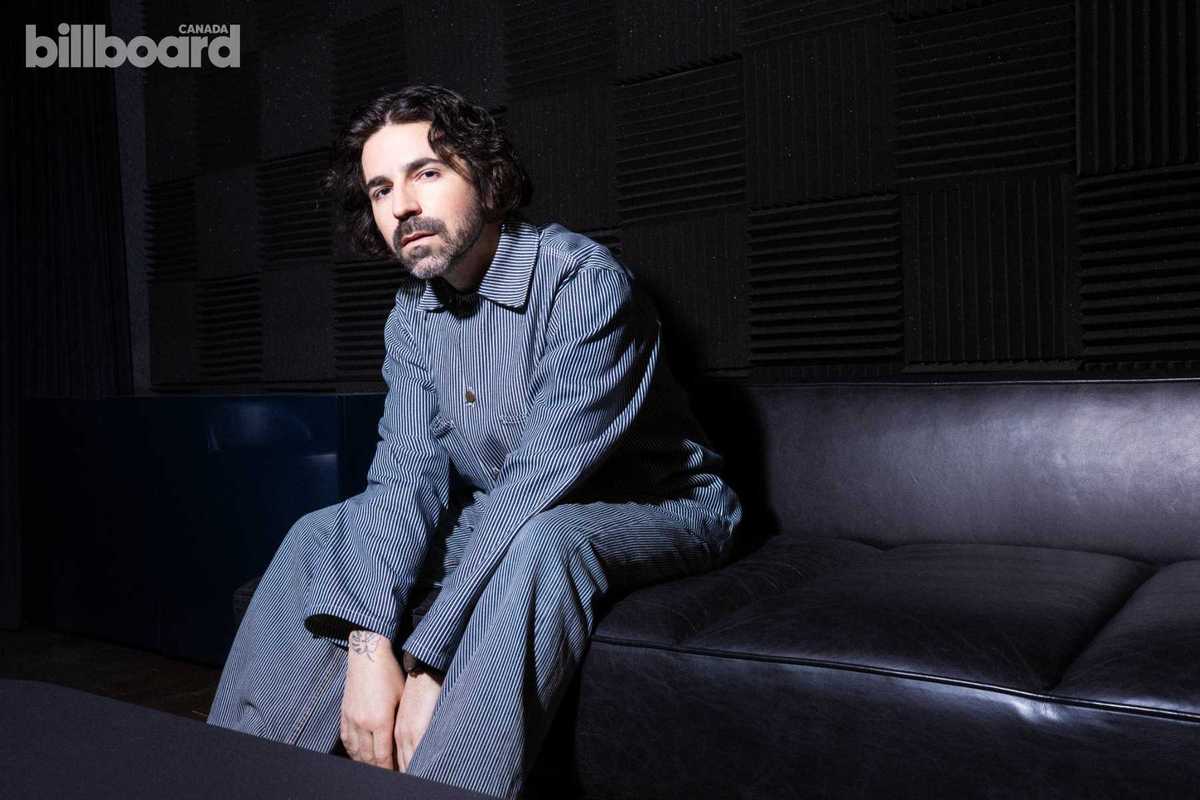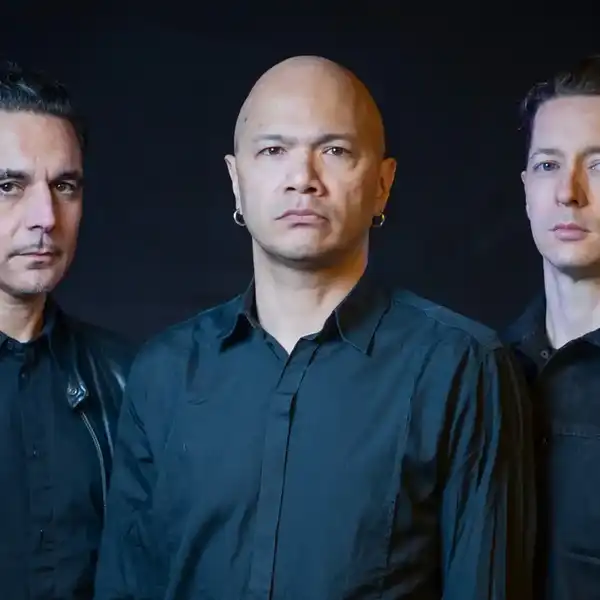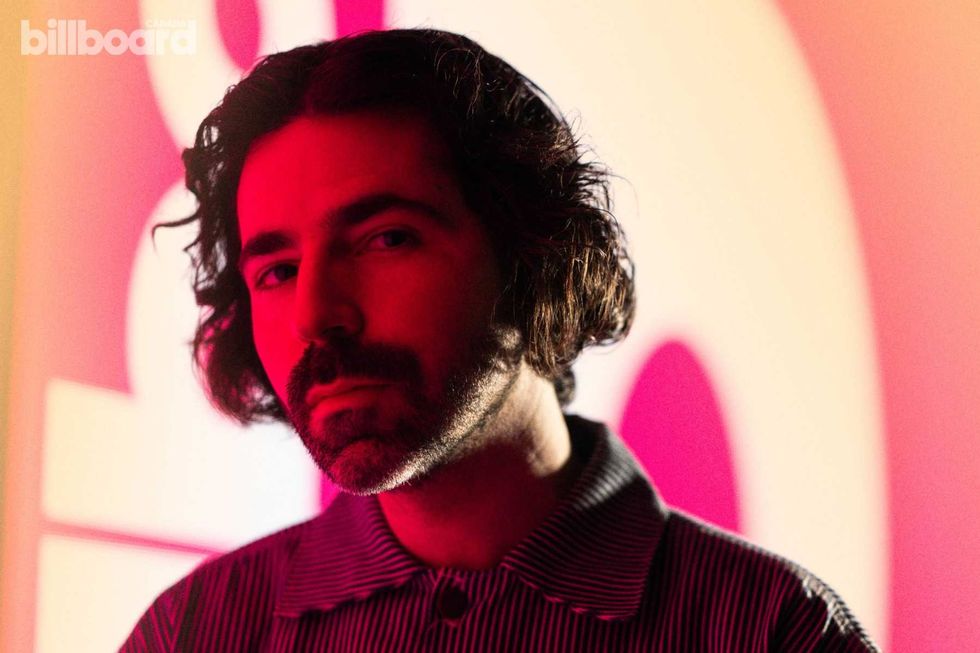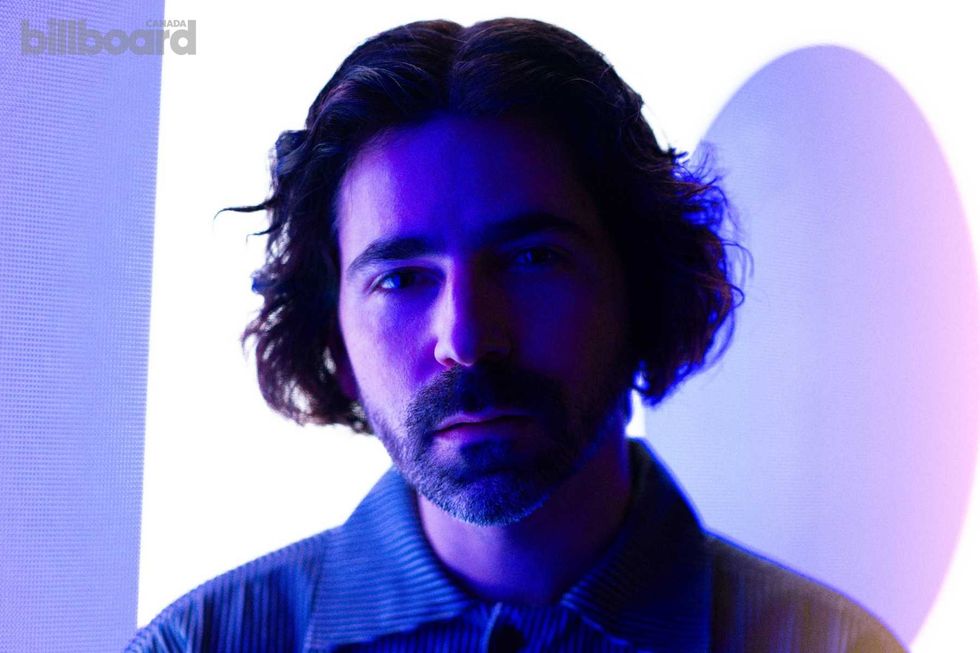
By David Farrell
Louis Audet to resign as Cogeco CEO
Besides its Canadian cable systems, Cogeco Communications Inc. operates telecom services in various U.S. states. Its corporate parent, Cogeco Inc., also owns radio stations in Quebec and an out-of-home advertising business. – National Post
Bell Media completes Pinewood Studios acquisition
Nanci MacLean has been named President of Pinewood Toronto Studios, in addition to her role as Vice-President, Bell Media Studios, while seasoned production operations director Geoff Grant is named General Manager.
With the partnership now finalized between Bell Media and Comweb Studio Holdings, Castlepoint, and the City of Toronto, Bell Media President Randy Lennox, Bell Media Radio/TV President Nikki Moffat President, Radio and Local TV, and BCE Corporate Director Arjan Stroomberg join the Pinewood Board. They join current directors William Bryck of CreateTO; Alfredo Romano, President of Castlepoint Numa; and Paul Bronfman, CEO of Comweb and Chairman of the studio complex. – Press release
Michener Award finalists named
The finalists are Cogeco Media; CBC Edmonton; Global News; The Globe and Mail; The Toronto Star; and The Vancouver Sun. – Press release
Voices TV to offer multiple language broadcasts in Canada
What is claimed to be Canada’s largest ethnic television broadcasting company, Voices TV is set to unveil a multicultural television channel that will allow Canadians' programming in the language of their choice. – Rapid TV News
Stingray to market The Voice singing app
The Montreal-based entertainment firm has been selected by Talpa Media, creator of The Voice, to develop, publish, and market the singing competitions’ new companion singing app in all international markets.
Stingray is an established leader in the development of successful karaoke services and interactive apps. The Voice app is to be launched in Dec. – Press release
The debate over digitizing Canadian broadcasting history
In a news release aimed at “setting the record straight” on archives digitization, the CBC emphasizes that they are not being “destroyed” as some have alleged, but that the transfers are necessary because many of the materials are deteriorating or require technology that is obsolete and difficult to maintain. – James Morgan, NPR
Apple to start selling OTT subscriptions
Apple Inc.’s plan to reinvent cable TV is beginning to look a lot like the strategy of its rival Amazon.com Inc.
For the first time, Apple plans to begin selling subscriptions to certain video services directly via its TV app, rather than asking users to subscribe to them through apps individually downloaded from the App Store, according to people familiar with the matter. – Bloomberg News
Netflix to allocate 85% of content spend on original series and films
The streaming giant’s chief content officer Ted Sarandos has provided a glimpse into how the streaming giant will allocate the rest of its $8 billion programming budget for 2018. – Geoff Weiss, Tubefilter
Katzenberg's NewTV startup raises US$800M
NewTV will use the money to finance shows that are roughly the duration of a typical YouTube clip, but at a cost more on a par with a Netflix Inc. series. Each NewTV series will cost about $5 million to $6 million per hour, the people said, but individual episodes won’t run much longer than 15 minutes. – Lucas Shaw, Bloomberg
YouTube offers unfiltered music charts
YouTube this week launched new and revamped music charts in 44 countries, as part of what is likely the runup to its new music-centred paid subscription service. The new YouTube charts also offer an unfiltered alternative to some recently reconfigured Billboard rankings. – Hypebot
How AI is going to revolutionize radio
Artificial Intelligence holds the promise of making some programming jobs easier, while also providing better tools to prove the effectiveness of radio campaigns to advertisers. That was the message from a panel of radio experts at the recent Radio Interactive Summit, held in downtown Toronto last week as part of Canadian Music Week. – Linda Stuart, CARTT.ca (subscription)
Did smart speakers affect radio listening in 2017?
Perhaps it’s “too early” in radio’s acceptance of this distribution channel. Not enough skills installed. Not enough devices in consumer's hands.
Maybe, but it’s pretty easy to listen to lots of radio stations on these devices (where they exist) if you want to, even if those stations are not yours.
Assuming you want to.
And that’s the rub – Mark Ramsey, MRM
Smart Speakers – What’s in It for Radio?
To maximize your opportunity for success, immediate action is needed. The single most important thing you need to do right now is to grab your “Invocation” for every device. Think back to when the internet was born, and there was a mass rush to grab every important URL. You need to lock up your brand on Alexa, Google Home, and HomePod (when it becomes available) before someone else does. For example, if your brand is “Magic 98.5”, then you want your station to play when someone asks Alexa to “Play Magic 98.5.” You don’t want the listener going to another radio station somewhere else in the country (or world).
Innovation is fueling a broadcast renaissance
The early changes that will deploy include addressable advertising via over-the-air content with IP-based, one-to-one targeting capabilities -- a concept that seemed far in the future just a few short years ago. Additionally, advanced measurement capabilities will enable better analytics for broad-reach audiences – Grant Covell, Forbes
What is radio in 2018?
We’re in a world where advertising is more resented than ever, and digital alternatives are training listeners to expect fewer interruptions than what they hear over the air. Meanwhile, advertisers are increasingly focusing their dollars towards digital. Does that sound like a world where broadcasters will profit by owning more traditional radio supply?
The future of audio revenue will not come from doubling down on broadcast towers. Just as the future of TV won’t come from owning more TV stations and the future of newspapers won’t come from buying more dailies. These are strategies to grow by cutting costs, not by increasing revenue. And they are short-term. – Mark Ramsey Blog
EFF wins final victory over podcasting patent
A patent troll called Personal Audio LLC had sued comedian Adam Carolla in 2013 and was threatening a bunch of smaller podcasters. Personal Audio claimed that the podcasters infringed U.S. Patent 8,112,504, which claims a “system for disseminating media content” in serialized episodes. EFF challenged the podcasting patent at the Patent Office in October 2013 and won that proceeding, and it was affirmed on appeal. On May 14, the Supreme Court rejected Personal Audio’s petition for review. The case is finally over. – Daniel Nazer, Electric Frontier Foundation
US Media companies score as the Supreme Court allows legal sports gambling
Online betting companies like daily fantasy sports sites DraftKings and FanDuel seem like clear early winners, but there’s a market for Facebook, Twitter, YouTube and major networks that hold sports broadcasting rights to open up new sources of revenue – The Wall Street Journal
Mark Zuckerberg’s net worth up $13B since privacy scandal
Investors are either placated by the firm’s pledged reforms or think that blowback will have little effect on its bottom line. Indeed, engagement was steady even during the Cambridge Analytica kerfuffle and petitions to #DeleteFacebook, Zuckerberg told reporters in April. Facebook hauled in $12 billion in the quarter ending March 31, a 49% increase over the prior year. – Noah Kirsch, Forbes
How to stop people using your face for porn (or other scarier things)
A new generation of AI-doctored videos finds their way into the mainstream. Famously known as “deepfakes,” the synthetic videos are created using an application called FakeApp, which uses artificial intelligence to swap the faces in a video with those of another person – Ben Dickson, TNW
RIP
Tom Wolfe, an innovative journalist and novelist whose technicolor, wildly punctuated prose brought to life the worlds of California surfers, car customizers, astronauts and Manhattan’s moneyed status-seekers in works like “The Kandy-Kolored Tangerine-Flake Streamline Baby,” “The Right Stuff” and “Bonfire of the Vanities,” died on Monday in a Manhattan hospital. He was 88. - The New York Times


















 Felix Cartal shot at the W Toronto on Feb. 20, 2026. Lane Dorsey
Felix Cartal shot at the W Toronto on Feb. 20, 2026. Lane Dorsey  Felix Cartal shot at the W Toronto on Feb. 20, 2026.Lane Dorsey
Felix Cartal shot at the W Toronto on Feb. 20, 2026.Lane Dorsey